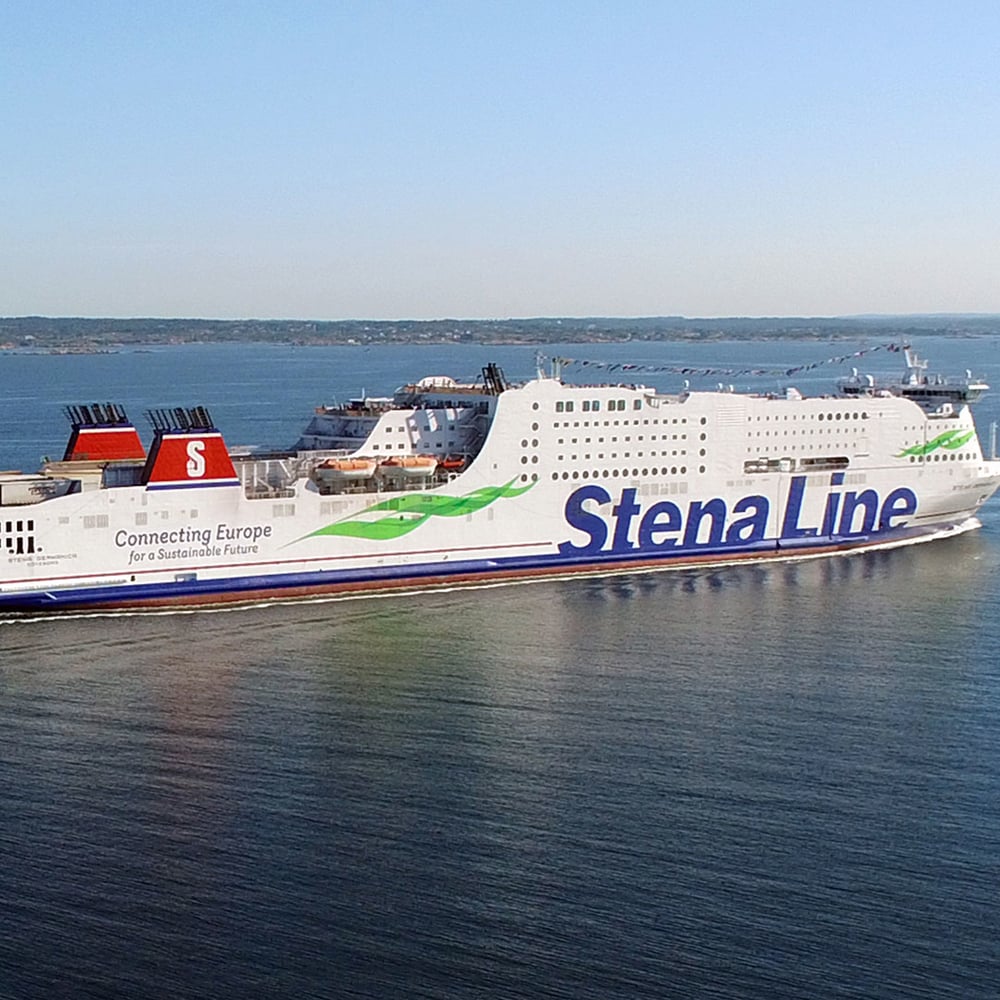The newly-converted Stena Germanica, the world’s first methanol-powered ferry, was given a rousing reception in both Gothenburg and Kiel – the two end-cities of its route – when it was delivered at the end of March.
By using methanol as its main fuel the revolutionary vessel, which is owned and operated by the Swedish ferry operator Stena Line, will be able to reduce her emissions of sulphur by 99%, NOx by 60%, particulates by 95% and CO₂ by 25% thus complying with the latest ECA regulations on its Baltic Sea route.
The launch follows a €22 million EU-funded refit overseen by surveyors from Lloyd’s Register at Rementowa shipyard in Gdansk, Poland between January and March. During the refit – a collaboration between Stena Line, Finnish engine-maker Wartsila, the ports of Gothenburg and Kiel, methanol specialist Methanex Corporation and ship designer ScandiNAOS – the ro-pax was fitted with dual-fuel methanol and diesel injection nozzles on its Wartsila engines.
Stena Line managing director Carl-Johan Hagman said: "We are very enthusiastic about methanol's possibilities and it has the potential to be the maritime fuel of the future.
"We want to pursue change and development in the shipping sector and, with the Stena Germanica, our environmental impact will be completely different to what the industry has seen before."
Anders Hofnell, LR’s Marine Business Development Manager for Sweden, said: "It has been challenging, inspiring and a privilege to be part of this world-first ferry for methanol-as-a-marine-fuel.
"Stena Germanica is classed by Lloyd’s Register and we were able to manage the risk and safety assessments for alternative, risk-based design and plan approval for this project by very close co-operation from project colleagues at our offices in Denmark, Italy, Canada, the UK, Sweden, Germany and Poland as well as cutting-edge expertise from throughout the world."






